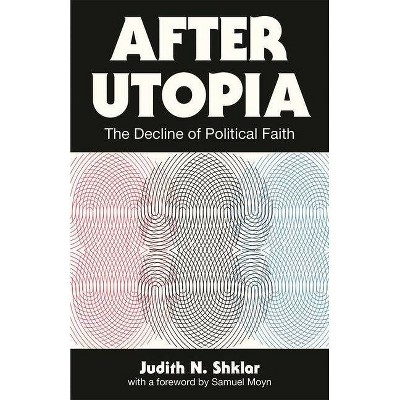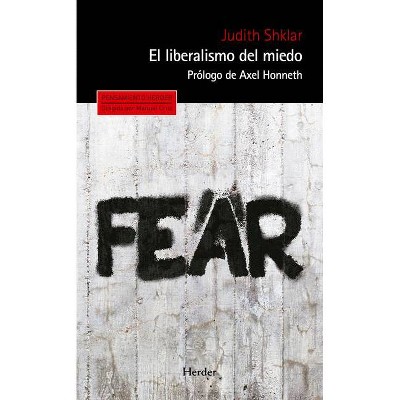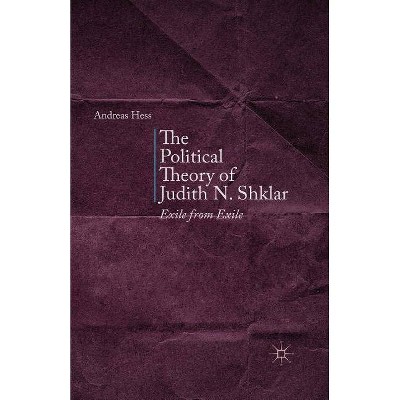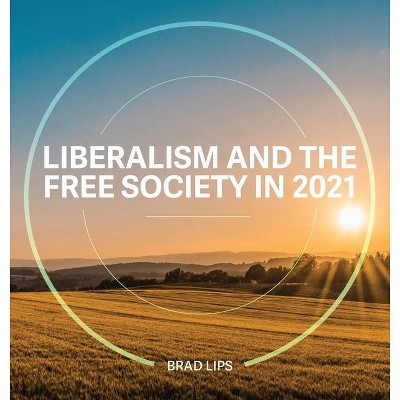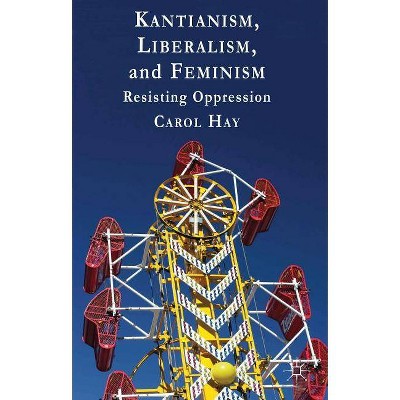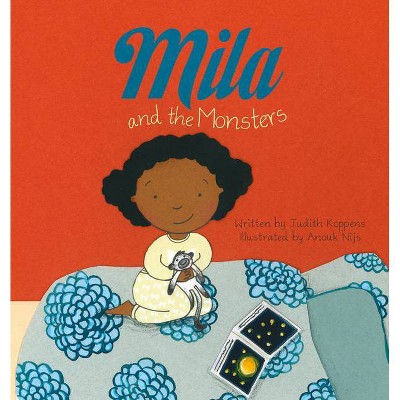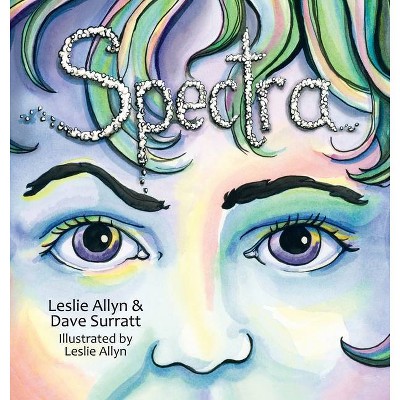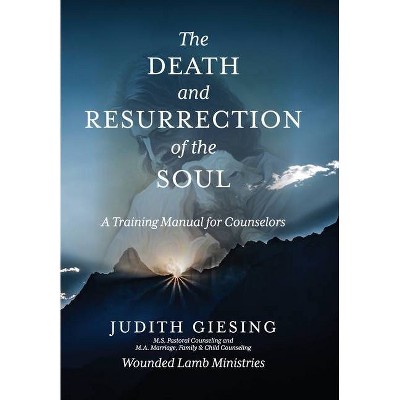Judith Shklar and the Liberalism of Fear - by Allyn Fives (Hardcover)
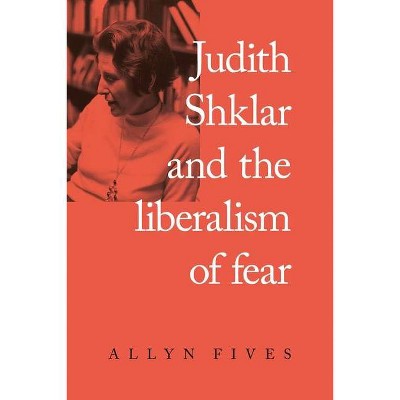
Similar Products
Products of same category from the store
AllProduct info
<p/><br></br><p><b> About the Book </b></p></br></br>This book is both an exploration of Judith Shklar's liberalism of fear and an examination of the proper role and limits of political theory. It advances a novel interpretation of Shklar's mature work, one that emphasises its value monism. It also defends a value pluralist approach to resolving moral conflicts and thinking about freedom.<p/><br></br><p><b> Book Synopsis </b></p></br></br>This book puts forward a novel interpretation of Judith Shklar's liberalism of fear. Shklar's work is usually seen as an important influence for those who take a sceptical approach to political thought and are concerned first and foremost with the avoidance of great evils. In fact, as this book shows, the most important factor shaping her mature work is not her scepticism but rather a value monist approach to both moral conflict and freedom, which represents a radical departure from the value pluralism (and scepticism) of her early work. The book also advances a clear line of argument in defence of value pluralism in political theory, one that builds on but moves beyond Shklar's own early work.<p/><br></br><p><b> From the Back Cover </b></p></br></br>What does the work of Judith Shklar reveal to us about the proper role and limits of political theory? In particular, what are the implications of her arguments both for the way in which we should think of freedom and for the approach we should take to the resolution of moral conflicts? There is growing interest in Shklar's arguments, in particular the so-called 'liberalism of fear' characteristic of her mature work. She has become an important influence for those taking a sceptical approach to political thought and also for those concerned first and foremost with the avoidance of great evils. However, this book shows that the most important factor shaping her mature work is not her scepticism but rather a value monist approach to both moral conflict and freedom, and that this represents a radical departure from the value pluralism (and scepticism) of her early work. The book also advances a clear line of argument in defence of value pluralism in political theory, one that builds on but moves beyond Shklar's early work. Offering a challenging reassessment of an increasingly important thinker, this book will be of interest to students and scholars in the areas of political, moral and social theory, practical and applied ethics, political sociology and public and social policy.<p/><br></br><p><b> Review Quotes </b></p></br></br><br>'The rampant cruelties of today's politics - indifference toward desperate migrants left to die at sea, acceptance of children caged and separated from parents, abandonment of dissidents that brave brutal repression - make Judith Shklar's ideas seem even more relevant than when they were written. Allyn Fives shows how Shklar, torn between tolerant scepticism and an overriding abhorrence of cruelty, takes us on a tour of perplexities. This tour, explains Fives, reveals the possibilities for evaluative political theory in a world of insurmountable moral contradictions.' Kerry Whiteside, Professor, Department of Government, Franklin & Marshall College 'Fives interrogates Shklar's decision to place cruelty first among the vices in order to examine the nature of freedom and to consider how we should respond to moral conflict. What emerges is a provocative discussion of the liberalism of fear and a thoughtful analysis of the nature of political theory itself.' Edward Hall, Lecturer in Political Theory, University of Sheffield<br><p/><br></br><p><b> About the Author </b></p></br></br>Allyn Fives is Lecturer in Political Science and Sociology at the National University of Ireland, Galway
Price History
Price Archive shows prices from various stores, lets you see history and find the cheapest. There is no actual sale on the website. For all support, inquiry and suggestion messagescommunication@pricearchive.us
